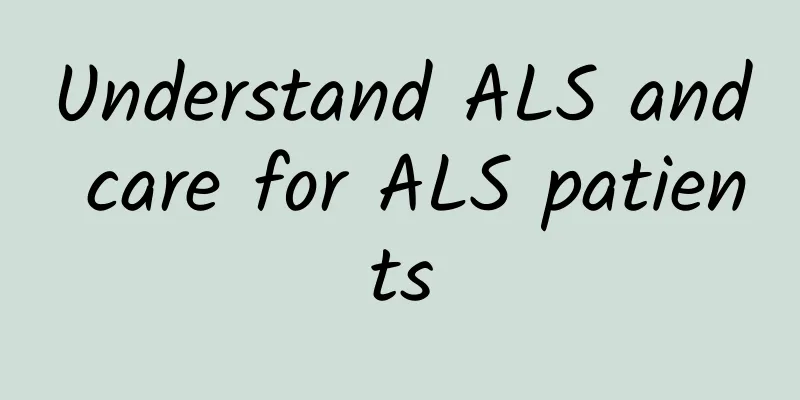Use your brain to overcome forgetfulness: Tips for restoring memory after a stroke

|
The brain is like a complex command center, with different areas responsible for different functions, just like different instruments in a band, playing beautiful music. A stroke, like a sudden wrong note on a score, may affect the command center and cause some functions to temporarily "strike". Among them, memory is one of the "instruments" that is easily affected. Amnesia after a stroke is not uncommon, but not all amnesia is the same! Just like different wrong notes affect different melodies, the location of the stroke also determines the type of amnesia: 1. "Impaired short-term memory" : Just like being able to remember only two or three musical notes, after a stroke you may only remember simple instructions that have just been given, such as two or three steps, and you may even forget whether you have taken medicine. 2. "Learning difficulties" : Repeated "playing" is required to remember new melodies. Learning new knowledge after a stroke may also require repeated explanations and practice. 3. "Environmental transition disorder" : Having learned the "movements" from a wheelchair to a bed in the hospital, after returning home, one is unable to complete the same "performance" due to the change in environment. 4. "Memory confusion" : Just like messing up the order of a piece of music, after a stroke, you may remember the wrong time, place, or people involved in an event. For example, remembering a visit last night as something that happened this morning. However, just as an orchestra can adjust the score and a conductor can rearrange the arrangement, amnesia after a stroke is not irreversible! Here are some tips to help restore memory: 1. Develop the habit of taking notes : Write down important things, just like the notes on the music score, so that you can "review" them at any time. 2. Use auxiliary tools : Mobile phone memos, sticky notes, etc. are all "instruments" to help memory. 3. Maintain a regular schedule and stay healthy : Adequate sleep and a balanced diet are like providing the brain with sufficient "energy" so that it can "perform" better. 4. Actively participate in social activities : Interacting more with family and friends is like the cooperation of different parts in a band, which can stimulate the "activity" of the brain. Remember, amnesia after a stroke can be overcome! Through active rehabilitation training and lifestyle adjustments, we can help the brain "play" the melody of life again! |
<<: Several major safety hazards and countermeasures in obstetrics and gynecology nursing
>>: Here are all the questions about gestational diabetes
Recommend
Introducing the reasons why menstruation is delayed for thirteen days
What are the reasons why menstruation has not com...
What are the advantages of the new antidiabetic drug dapagliflozin compared with metformin?
Dapagliflozin, a new type of hypoglycemic drug la...
Coffee is not recommended for these people!
For better work Every weekday morning I'll ha...
What is the hcg test like?
Checking blood hcg is generally a scientific test...
Can pregnant women take medicine for cold and cough?
For pregnant mothers, when they are sick, they ca...
How much can you eat during your period without getting fat? 5 common misconceptions about menstruation that many people have fallen into
When it comes to health knowledge that women must...
Abortion at 6 months
Generally speaking, if a woman does not want the ...
[Fat Bear Science] Can human serum albumin supplement nutrition and enhance immunity?
Miss Zhang next door has been very energetic thes...
Drink it at least twice a week. If you have irregular menstruation or dysmenorrhea, please read this!
Angelica, egg and brown sugar water --- to replen...
Analysis of the reasons why leucorrhea suddenly turns light brown
If the leucorrhea is light brown, then you need t...
How to regulate heavy menstrual flow
A woman's monthly menstrual volume should gen...
Do I need to remove the IUD after menopause?
The IUD is mainly used as a safety precaution to ...
How to have a child with irregular menstruation
Now that science is advanced, the chances of wome...
Twelve-year-old girl often feels dizzy
We all know that for 12-year-old girls, they are ...
Will cervical erosion cause infertility?
For the majority of adult women, most have experi...









